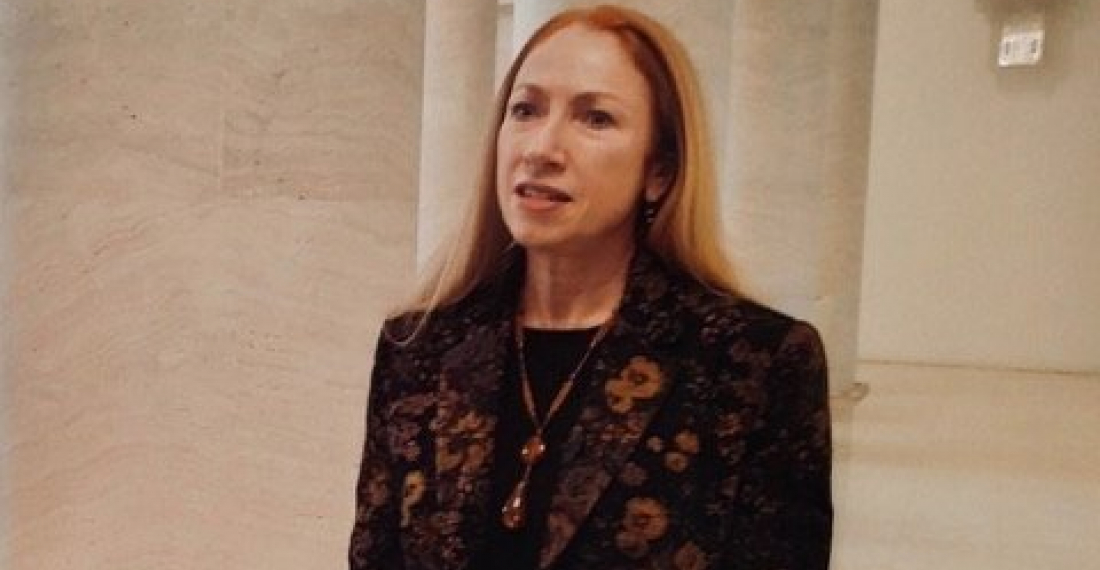US Ambassador Degnan said that political temperature is usually high in election period, therefore she hailed political parties for signing the code of conduct elaborated by the Central Election Commission (CEC) with support of its international partners.
"It was very pleasant to see that they not only signed the document, but the leaders were involved in the process of drafting the document. They developed certain ethical standards. It will be unfortunate if intimidation of voters and misuse of administrative resources are observed", Kelly Degnan said earlier today.
The code of conduct for political parties is 'a set of norms of voluntary ethics aimed at protecting democratic values and fundamental freedoms; conduct of a substantive, program-oriented, inclusive election campaign that provides equal opportunities for electoral stakeholders'.
The CEC has also set safety guidelines for the upcoming parliamentary elections on October 31 after the consultations with political parties and monitoring organizations.
source: commonspace.eu with agencies







